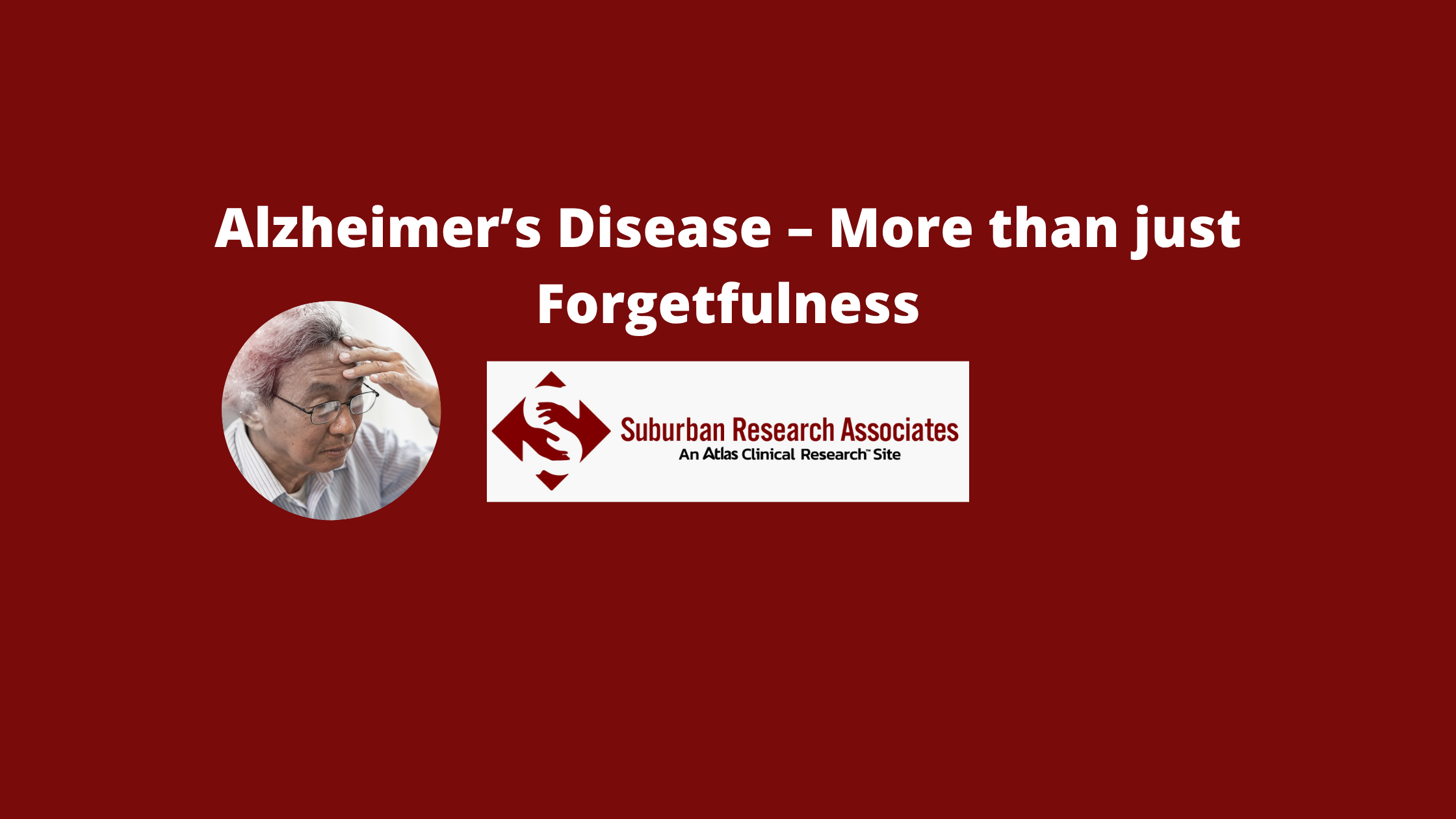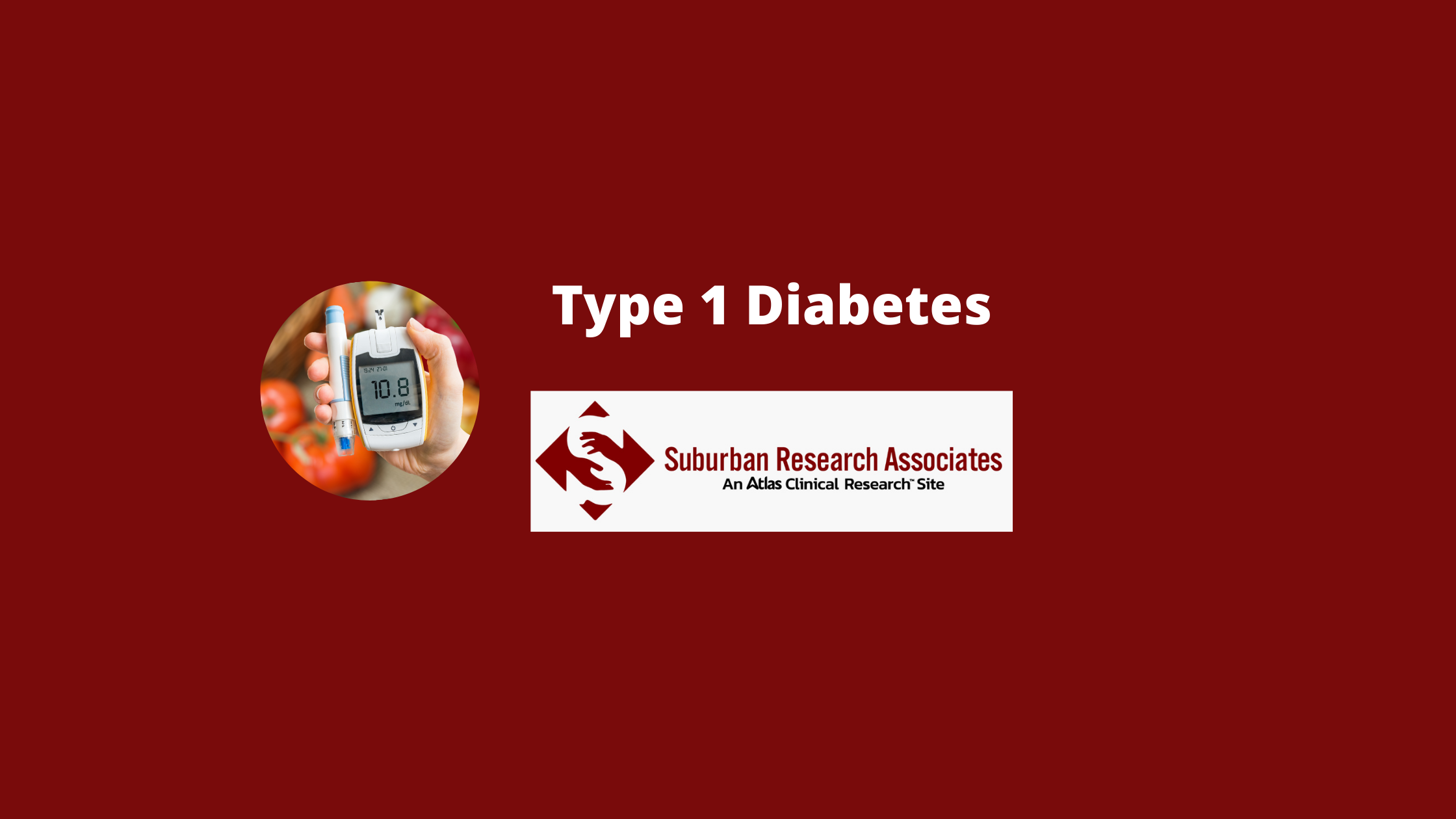September is National Self-Awareness Month. Self-awareness plays a key role in managing mental health, so we thought we would unpack it a bit more!
What is Self-Awareness?
There are a wide-range of definitions and ideas for what self-awareness means. There are broad and more general definitions available, but it is important to note that self-awareness looks different for every single person. There are many different factors that can contribute to one’s self-awareness or lack thereof. In the broader sense, the Oxford Dictionary defines self-awareness as the “conscious knowledge of one’s own character, feelings, motives, and desires.”
Self-Awareness and Mental Health
How are self-awareness and mental health connected? The definition above for self-awareness includes being conscious of our feelings, what drives us and motivates us, and of our overall character, all of which can play a role in managing our mental health. For example, knowing what makes us happy, sad, anxious, and stressed are all parts of self-awareness. When we don’t have the capacity to be self-aware, it can be difficult to be able to identify things that may not make us feel so great. If you have decreased self-awareness, you might find yourself feeling more down or on edge, but are not sure why.
Causes of Decreased Self-Awareness
Having a decreased sense of self-awareness is no fault of your own. Often times, things like trauma, depression, and even anxiety can cloud our ability to be more self-aware. That’s one reason why seeking help and reaching out to friends and family members when you notice something feels off is so important.
How Can I Increase My Self-Awareness?
Increasing self-awareness can take time, practice, and patience. Here are a few tips that can help!
- Each day, take 5-10 minutes to reflect on the day, the experiences you’ve had throughout, how you felt, and how you reacted. Writing these reflections in a journal can help aid you in your reflection.
- Do something for YOU each day! Often, we get very caught up in doing so much for others, which is great; however, if you are spending all your time doing things for others while putting your own needs aside, you are more aware of others needs than your own. Give yourself the time and space you deserve too. Remember, you can’t pour from an empty cup.
- Seek therapy if needed. Therapy can be a great place to unpack self-awareness and self-exploration! Especially if you are diagnosed with a mental health condition. Therapy can help walk you through different tools that can help work through your cloudiness, which is hard to do on your own.
- Get outside! It might sound bizarre, but studies show getting out in nature can shift your mindset and make you more in tune with yourself, your mind, and your body. Prioritize this, even if it’s only a 5-minute walk, especially this time of year when the temperature is perfect.
- Meditation can also be a great tool to practice self-awareness, and there are many forms! Not sure where to start? Check out “self-awareness meditation” on Youtube or download a meditation smartphone app like “Headspace”, or “Calm”.




